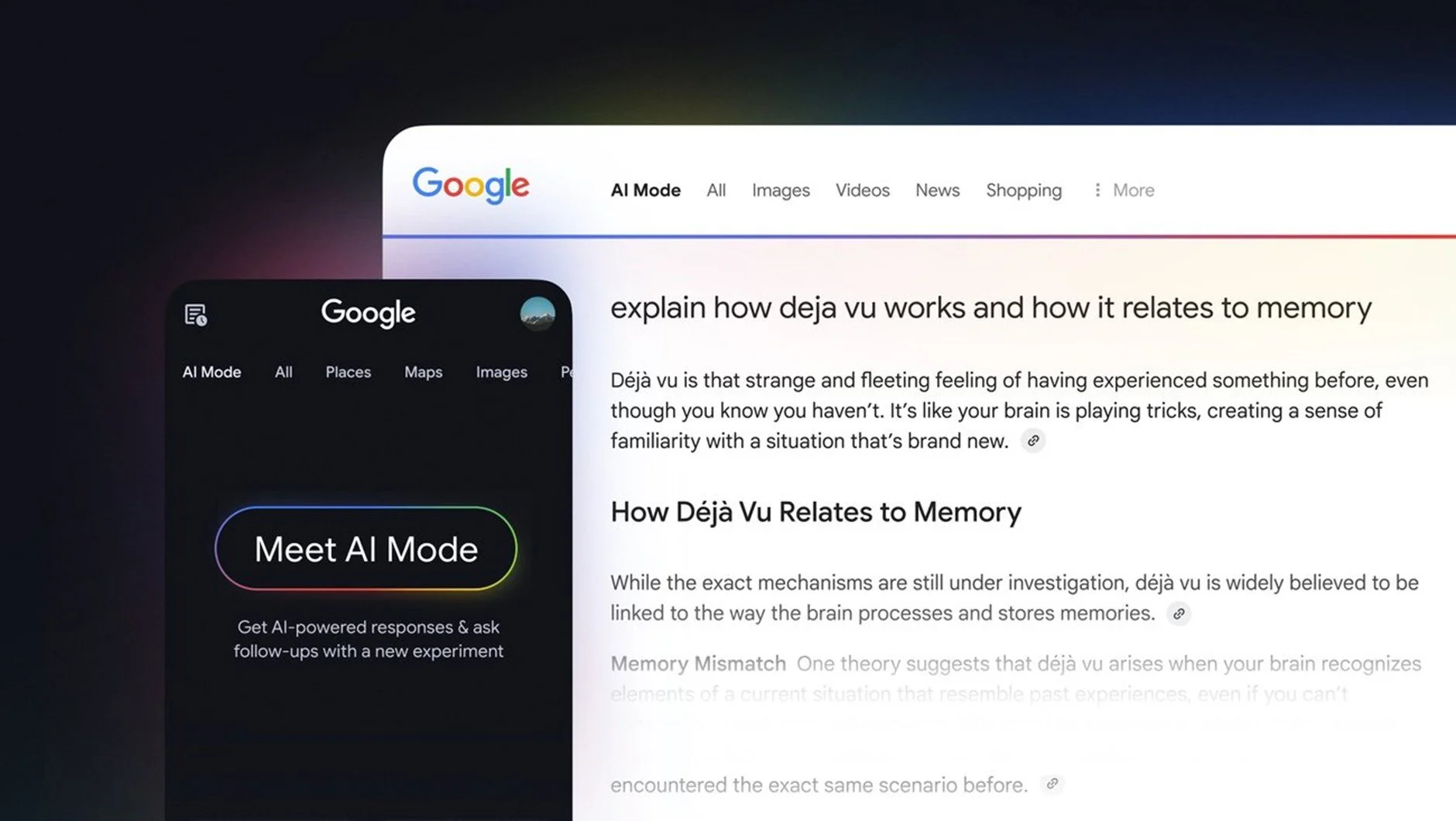An introduction to value-based bidding
Life’s easier when you get what you pay for.
So, wouldn’t it be great if your PPC budgets were based on the value of individual users and their intentions, rather than the average value of all users and every intention? Welcome to value-based bidding and a smarter way to invest.
It’s been a long time coming, but Google has finally delivered a strategy that focuses more on value than volume, on quality of conversion than quantity.
You can bid the exact amount towards the expected conversion value from a user rather than over-investing in some and under-investing in others. By providing additional data points to Google Ads, you can make better use of machine learning and scale activity. Considering the entire end-to-end sales process, value-based bidding can help drive growth by targeting those conversion types that are most valuable and, in turn, initiate growth to the bottom line. Because at the end of the day, you wouldn’t speak to a customer who’s requesting a brochure in the same way as someone making a final sale enquiry - so why would you target them the same way online?
As the graphs depict, using a value-based model means that you only bid on what the conversion is worth, leaving little room for missed opportunities or wasted expenditure. According to estimates, you can expect a 14% median uplift in conversion value at a similar return on ad spend.
So, how does Google Ads know what to prioritise and for what value? Well, that’s down to you and which one of two static value implementation strategies you decide to choose.
First there is Proxy Conversion Values; whereby the agency or client identifies the priorities within the end-to-end sale process. This should be based on historical analysis and understanding of which online conversions generally drives the most offline conversions. Once determined, the list of priorities needs to be ordered by relative importance. For instance, a request for a phone call might be ranked lower than an appointment booking. Then, using Google’s weighting calculator, a score is assigned to each of the actions and a weightage is given. This affects the price at which Google bids for a user who is searching to partake in that particular action.
The pros of this method are that it can work for the more complex lead to sale journeys, whereby the information is always relatively easy to provide. Further, given that values are assigned through a third-party calculator, the implementation time isn’t extensive. On the cons side, Proxy Conversion Values is a somewhat subjective method (what might be a priority for some may not be for others) and also, it makes reporting a little more complicated as values aren’t related to real-life actuals.
The second is Average Value Assignment; a process our digital teams here at Accord have become very acquainted with in the last few months. This method does require some extra data work but enables unique actions to be assigned a value that is directly calculated from its contribution to gross sales. For example, completing a ‘request a free quote’ form may generate 35% of total leads. By calculating the average value per lead, a value can be assigned to this particular action.
Average Value Assignment enables conversion values to be generated at a much more precise level, bespoke to the sales journey, making performance easier to report and understand. However, it can be difficult to implement when there are too many offline conversions to map or when there is a break in the journey.
Regardless of which process, value-based bidding is a way to give you the control and ability to decide which conversion actions you want to optimise towards. So, what happens once Google has the static values? You enter a testing phase and once this is complete, performance is evaluated, and an appropriate value-based bidding strategy is applied.
So, is value-based bidding for you? Well, it is if you’re looking to maximise the return on investment of your Google Ads account and stay one step ahead of your competition.
Speaking from experience, we can attest that value-based bidding is an efficient leap in the right direction from Google, particularly for those lead generation websites where, in the past, it was all about conversion volume rather than value. To learn more about how it helps elevate your digital strategies, our door is always open.
Eloise Pates
Contributor













